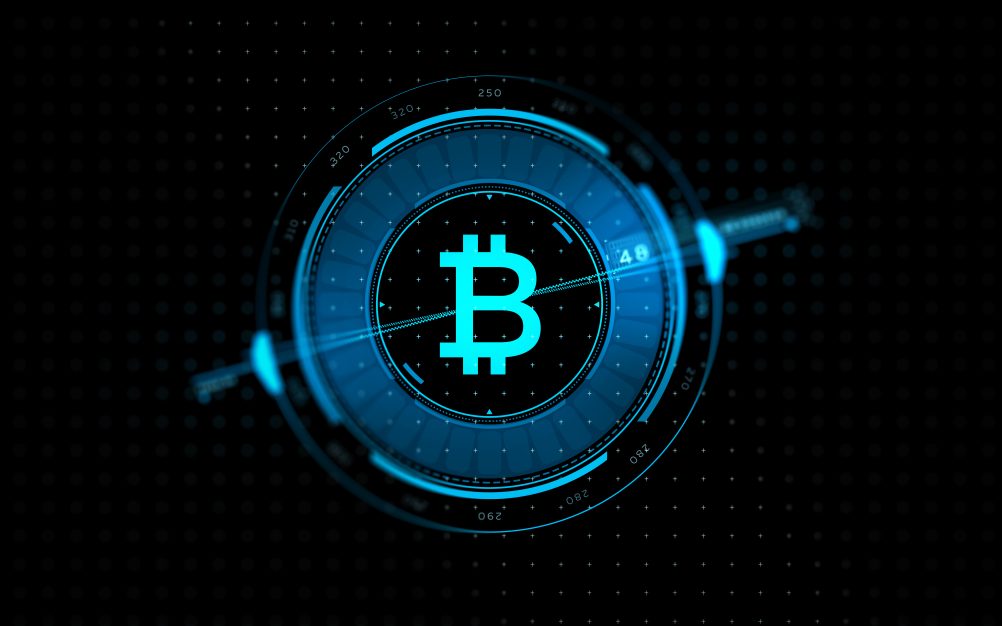
In a world of digital currencies, it’s no surprise that the most popular of them all is Bitcoin. While its value has seen more ups and downs than a roller coaster, it still remains one of the most talked about currency alternatives.
But what would happen to Bitcoin if something unexpected happened to the US dollar? The potential impacts that a weakened US dollar could have on Bitcoin, as well as other cryptocurrency markets. It will also look into the current global financial climate, and how these changes might affect cryptocurrency in general. So if you’re curious about what could happen to Bitcoin if the US dollar were to suddenly collapse, stick around for an educational read.
The Current State of The US Economy
If the US economy were to collapse, it would have a devastating effect on the global economy. Bitcoin, as a decentralized asset, would be largely unaffected by this event. However, the demand for Bitcoin could increase dramatically as people lose faith in traditional investments such as stocks and fiat currencies.
This could lead to a sharp increase in the price of Bitcoin. The current state of the US economy is strong, with unemployment near its all-time low, wages increasing steadily, and consumer confidence at a 15-year high. The stock market is also doing well, with the Dow Jones Industrial Average and the S&P 500 reaching record highs.
The housing market is also booming, as home prices continue to rise. Inflation remains low, with the Federal Reserve maintaining low-interest rates for an extended period of time. Despite this overall good news, there are still some risks and uncertainties that could impact the US economy.
These include the ongoing trade war between the US and China, rising tensions in the Middle East, and a potential recession. It is also important to remember that economic cycles tend to be cyclical, so what goes up can come down, and vice versa.
The History of Bitcoin
Bitcoin is a decentralized digital currency, without a central bank or single administrator, that can be sent from user to user on the peer-to-peer bitcoin network without the need for intermediaries.
Transactions are verified by network nodes through cryptography and recorded in a publicly distributed ledger called a blockchain. Bitcoin was invented in 2008 by an unknown person or group of people using the name Satoshi Nakamoto and started in 2009 when its source code was released as open-source software.
Bitcoin is unique in that there are a finite number of them 21 million. Satoshi Nakamoto is the name used by the unknown person or people who designed bitcoin and created its original reference implementation.
As part of the implementation, Nakamoto also devised the first blockchain database.
Since the system works without a central repository or single administrator, bitcoin is called the first decentralized digital currency.
Bitcoins are created as a reward for a process known as mining. They can be exchanged for other currencies, products, and services.
How a Weak US Dollar Would Affect Bitcoin
A weak US dollar would have a number of implications for Bitcoin. Firstly, it would make Bitcoin relatively more expensive for Americans to purchase. This could lead to reduced demand for Bitcoin, and consequently, a fall in its price. Secondly, a weaker US dollar would make it harder for American businesses to compete internationally, as their products would be relatively more expensive.
This could lead to a decline in the use of Bitcoin as a global currency. Thirdly, a weaker US dollar would increase the risk of inflation, which could lead to increased demand for Bitcoin as a store of value. Fourthly, a weaker US dollar could lead to economic instability and even recession, which could further increase demand for Bitcoin as a safe haven asset.
What Could Happen to The Global Economy if the US Dollar Crashes
A crash of the US dollar would have broad-reaching implications for the global economy. Here are some of the potential impacts.
1. US debt would become increasingly difficult to service.
2. The value of US assets would plummet, leading to a loss of wealth for American households and businesses.
3. Foreign investors would lose confidence in the US economy, leading to further capital flight and a further decline in the value of the dollar.
4. import prices would soar, as the dollar would buy fewer goods and services from abroad. This could cause inflationary pressures to build in the US economy.
5. The Fed would likely raise interest rates in an attempt to stem the decline of the dollar, which could lead to a recessionary environment.
Conclusion
To conclude, if the US dollar crushes, it is likely that Bitcoin and other cryptocurrencies will experience a surge in value.
However, due to the lack of tangible assets backing these currencies up, they are largely unpredictable and could just as easily crash if investors lose confidence in them. Ultimately though, no one can predict what would happen with any certainty; all we can do is make educated guesses based on current market trends and speculations.
The US dollar is currently strong and continuing to grow, meaning it is unlikely that it will suddenly crash in the near future. However, if the current trends were to reverse and the US economy were to experience a drastic decline, then it is possible that Bitcoin would surge in value as investors sought a safe haven from economic turmoil.
With this in mind, it is important for investors to understand the risks associated with investing in digital currencies and be aware of the potential implications if something unexpected does happen.
